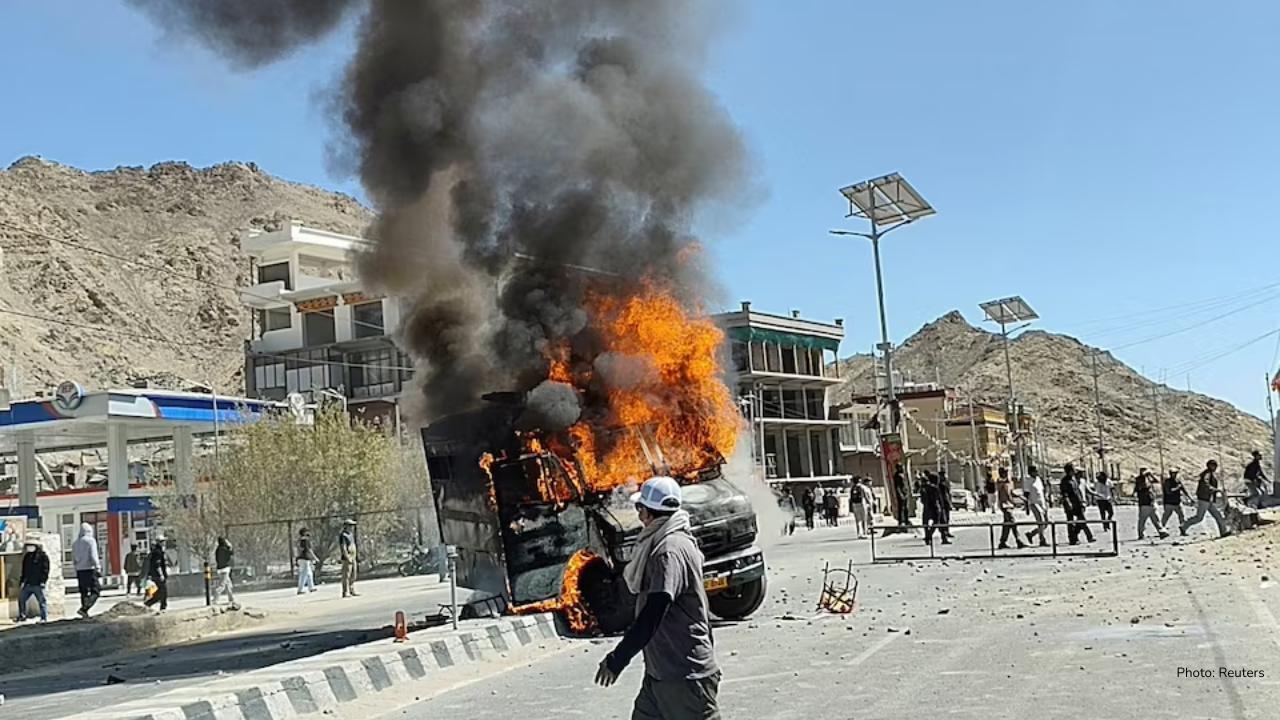
Post by : Monika
In the Himalayan region of Ladakh, India, protests demanding statehood and job quotas for local residents turned violent on September 24, 2025. The demonstrations were organized by the Kargil Democratic Alliance (KDA), a group representing various political, social, and trade organizations in the region. The protests escalated into clashes with security forces, leading to tragic consequences.
Casualties and Injuries
The violence resulted in four deaths and left over 80 people injured, including six critically. Among the injured were more than 30 police officers. The unrest began when a mob attacked a political party office, set fire to a police vehicle, and damaged government property. In response to the escalating situation, the Indian Ministry of Home Affairs stated that police had to resort to firing, leading to the casualties.
Curfew Imposed in Leh
Following the violence, a curfew was imposed in parts of Leh, the largest city in Ladakh. Security forces patrolled the streets to maintain order. Shops and businesses remained closed, and damaged vehicles were seen along the roads. The curfew aimed to prevent further unrest and ensure the safety of residents.
Demands for Statehood and Autonomy
Protesters, led by activist Sonam Wangchuk, have been advocating for Ladakh to be granted statehood and special status under the Indian Constitution. They seek the establishment of elected local bodies to protect the region's tribal areas and preserve its unique cultural identity.
Since Ladakh lost its autonomy in 2019, when it was separated from Jammu and Kashmir and placed under direct administration by the central government, there has been growing discontent among the local population.
Calls for Investigation and Accountability
In the aftermath of the violence, there have been calls for a fair and impartial investigation into the deaths. Mohmad Haneefa, a member of parliament from Ladakh, demanded accountability for those responsible and relief for the bereaved families. The KDA also called for an independent inquiry into the events and for justice to be served.
Background on Ladakh's Autonomy
Ladakh's autonomy was revoked in 2019 when the Indian government reorganized the state of Jammu and Kashmir, creating two separate Union Territories: Jammu & Kashmir, and Ladakh. This move placed Ladakh directly under the administration of the central government, removing its special status and the protection of its tribal areas under the Sixth Schedule of the Indian Constitution.
Role of Sonam Wangchuk
Sonam Wangchuk, an engineer and educator known for his innovative work in education and environmental sustainability, has been a prominent figure in the movement for Ladakh's statehood. He has described the protests as a "Gen Z revolution" against the central government's inaction regarding the region's demands. Wangchuk's involvement has drawn national attention to the issues facing Ladakh and has galvanized younger generations to participate in the movement.
Security Forces' Response
The response from security forces has been a point of contention. While authorities have justified the use of force to control the situation, some local leaders and activists have questioned the necessity and proportionality of the police's actions. Haji Ghulam Mustafa, a legal adviser to the KDA, condemned the violence and expressed confusion over the orders to open fire, noting that previous protests in Ladakh had been peaceful.
Impact on Daily Life
The curfew and ongoing unrest have disrupted daily life in Ladakh. Residents are facing challenges in accessing essential services, and the local economy has been affected due to the closure of businesses and markets. The situation remains tense, with continued patrols by security forces and uncertainty about when normalcy will return.
International Attention
The events in Ladakh have attracted international attention, with various human rights organizations expressing concern over the use of force against protesters and the loss of life. The international community is closely monitoring the situation, calling for restraint from all parties and urging dialogue to address the underlying issues.
Looking Ahead
The future of Ladakh's autonomy and its relationship with the central government remain uncertain. The demands for statehood and special status continue to be central to the region's political discourse. As the situation develops, it will be crucial for both the government and the people of Ladakh to engage in constructive dialogue to find a peaceful and lasting resolution to the issues at hand.
The tragic events in Ladakh serve as a stark reminder of the importance of addressing regional aspirations and grievances through dialogue and democratic processes. The loss of lives and the ensuing unrest highlight the need for a balanced approach that respects the rights and identities of all communities. Moving forward, it is essential to foster an environment of mutual understanding and cooperation to ensure peace and development in the region.
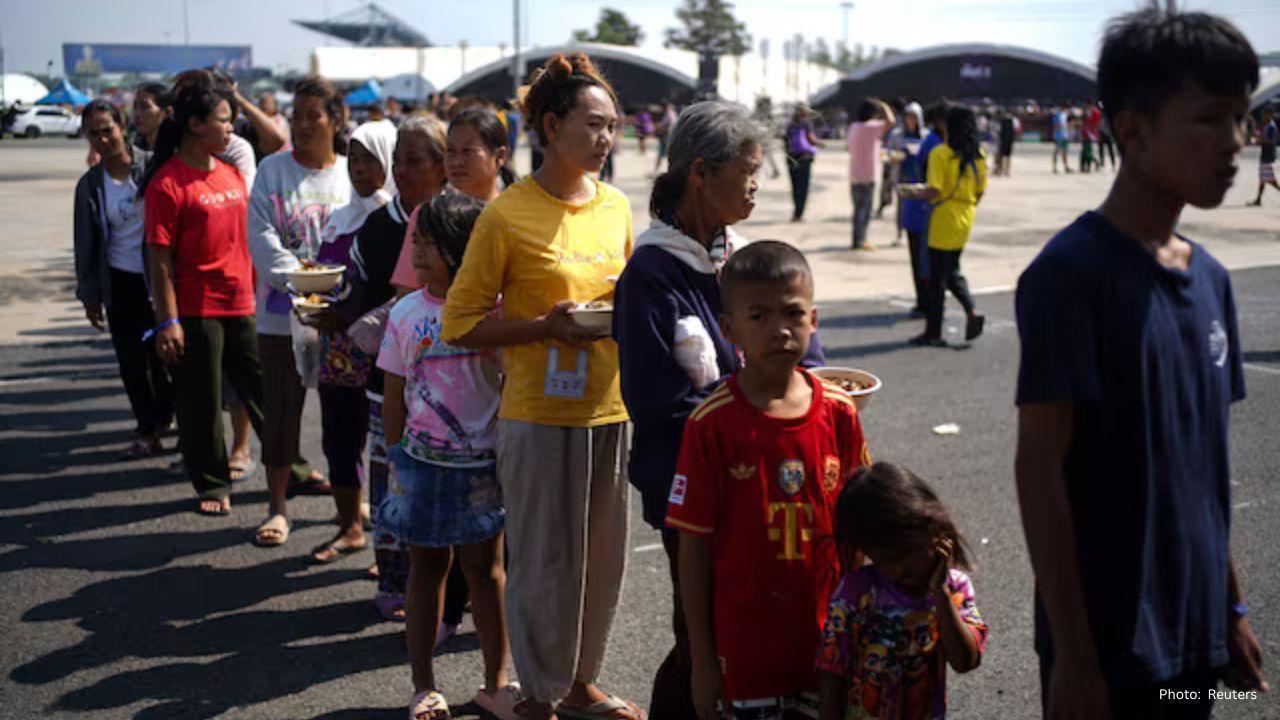
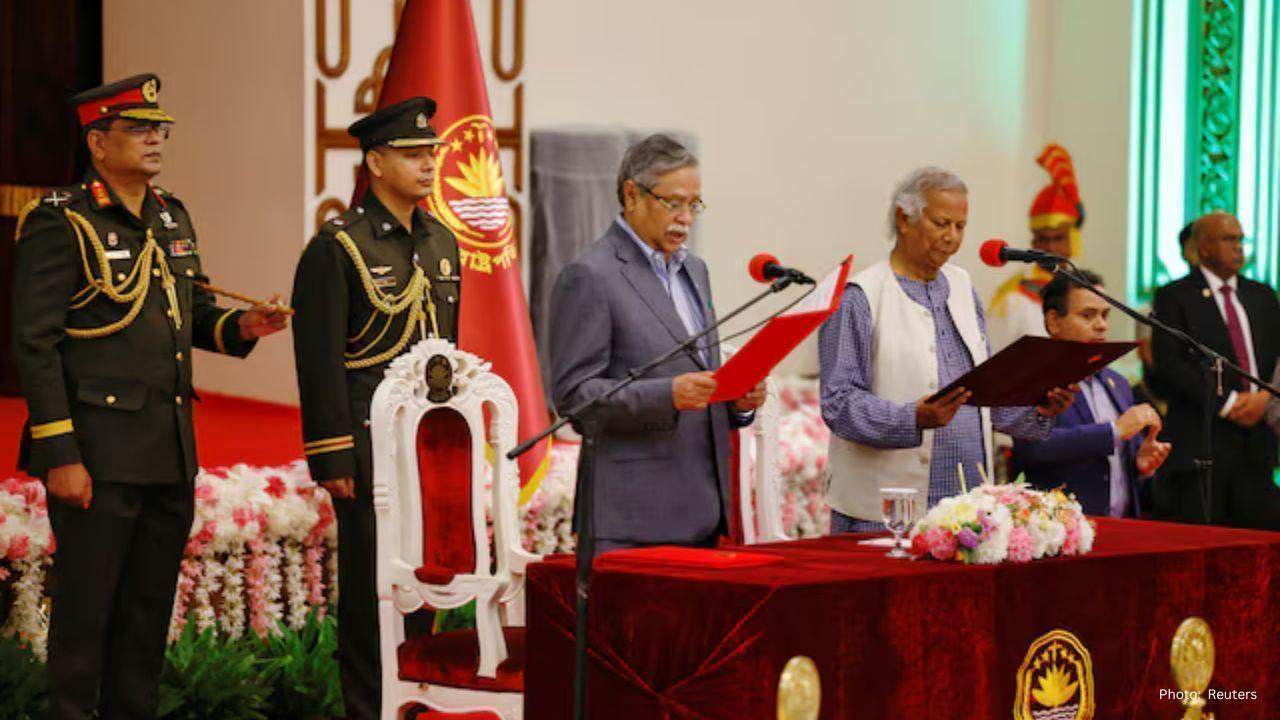
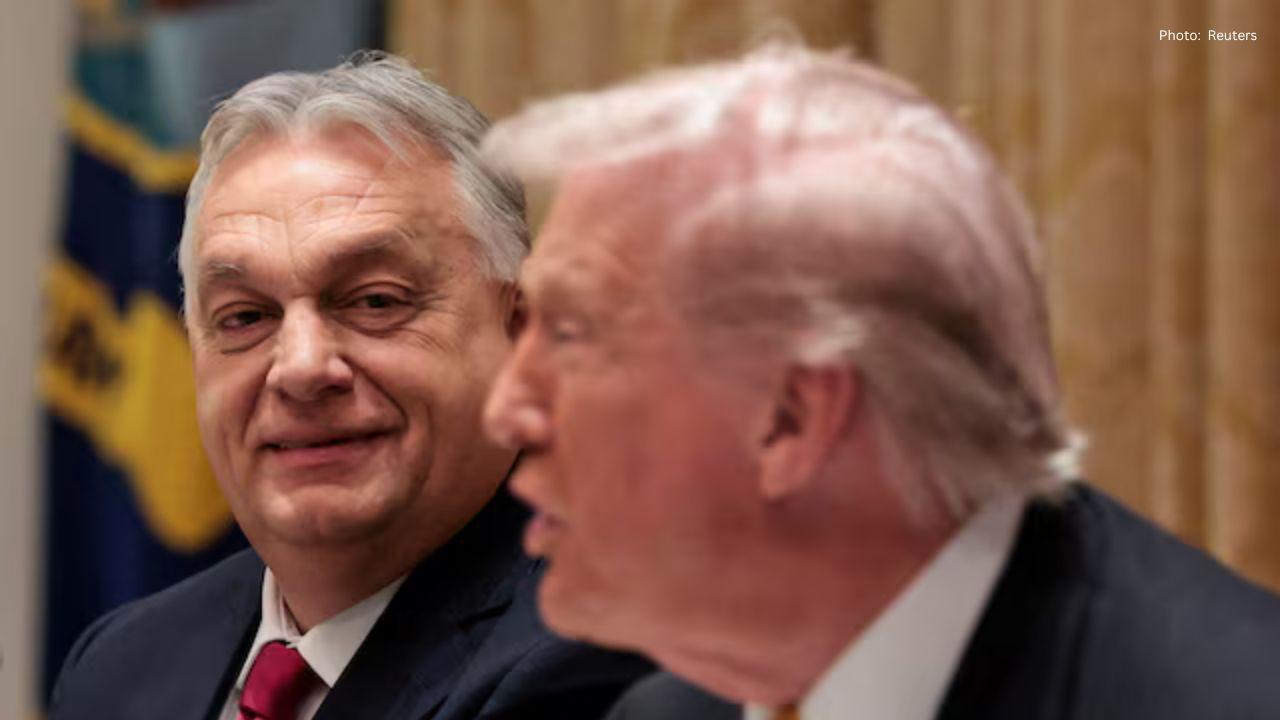
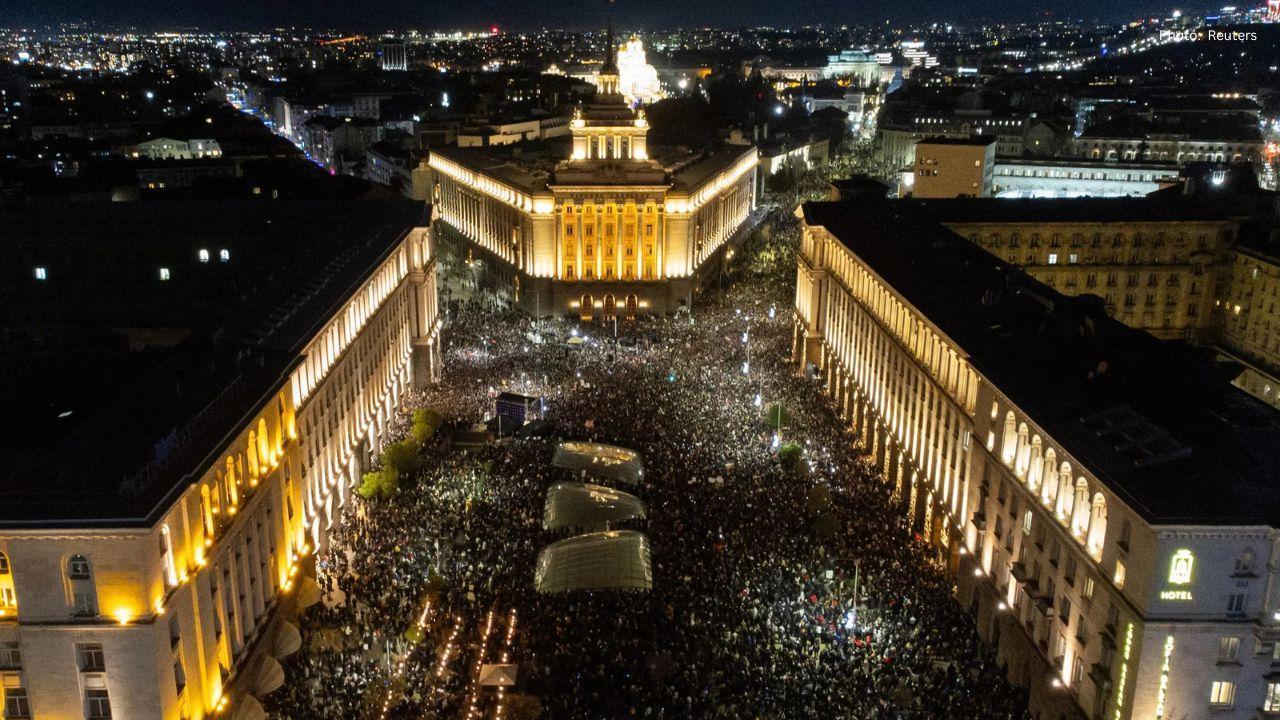
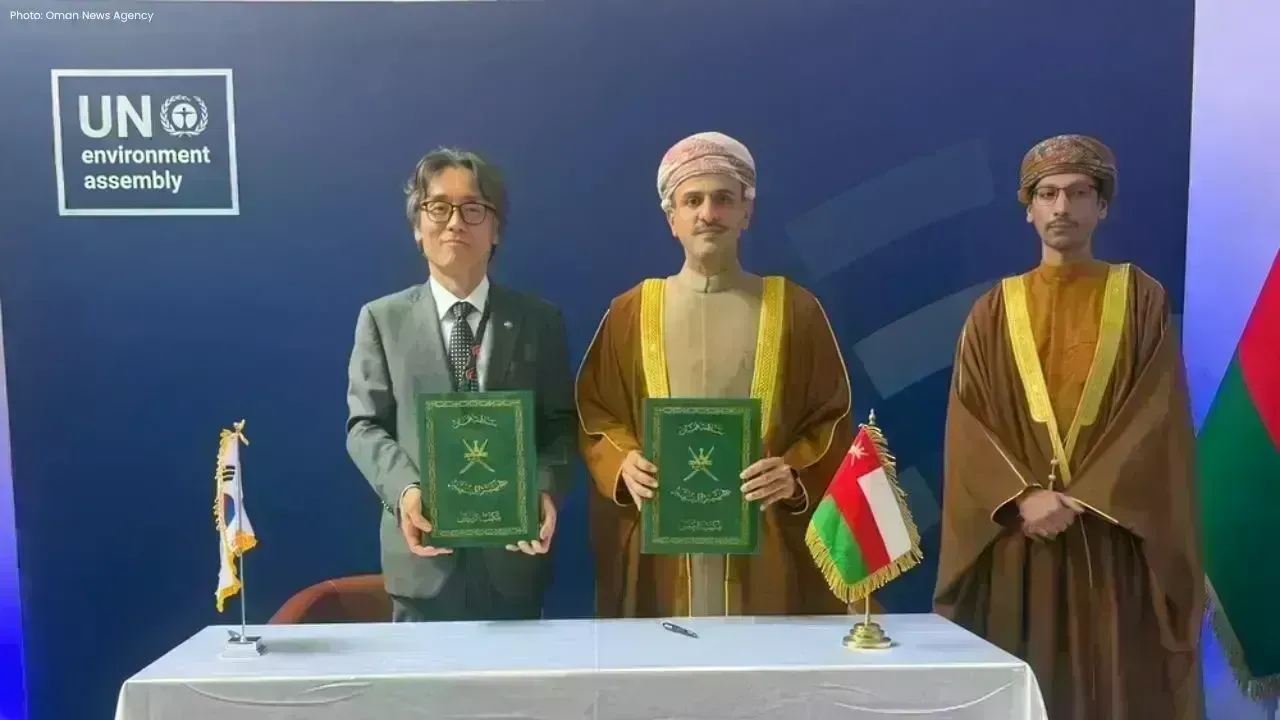


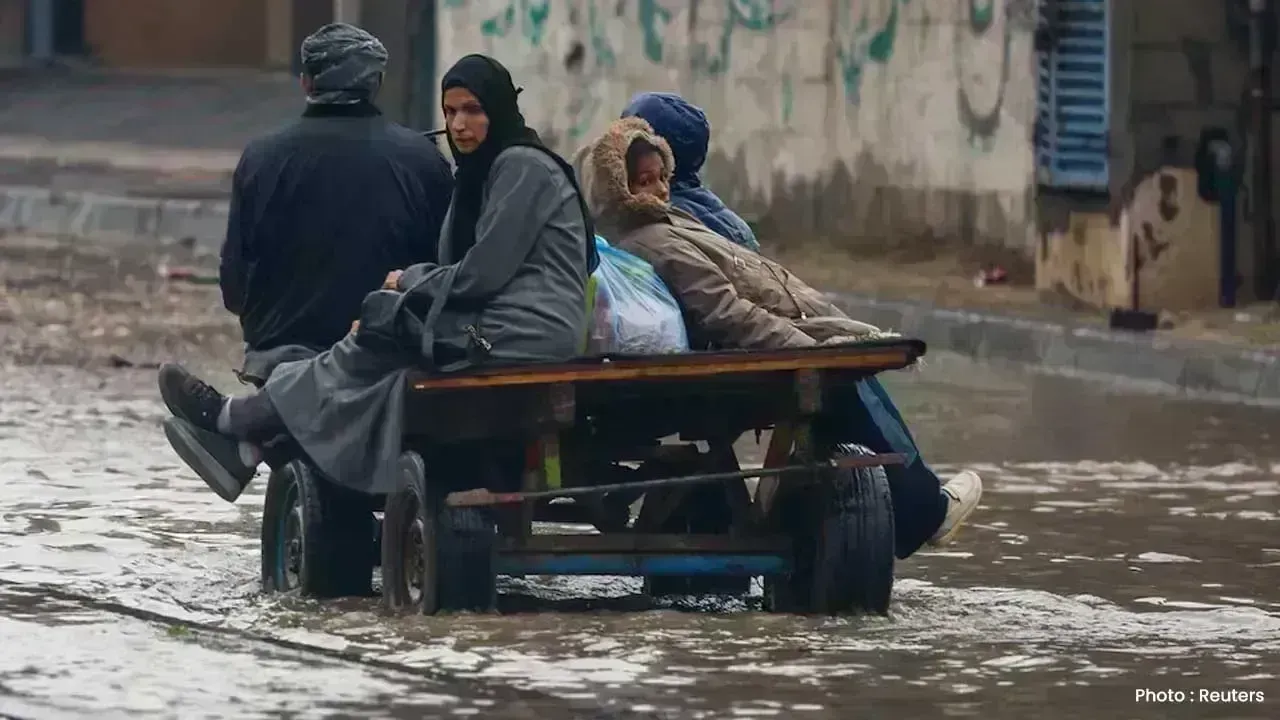
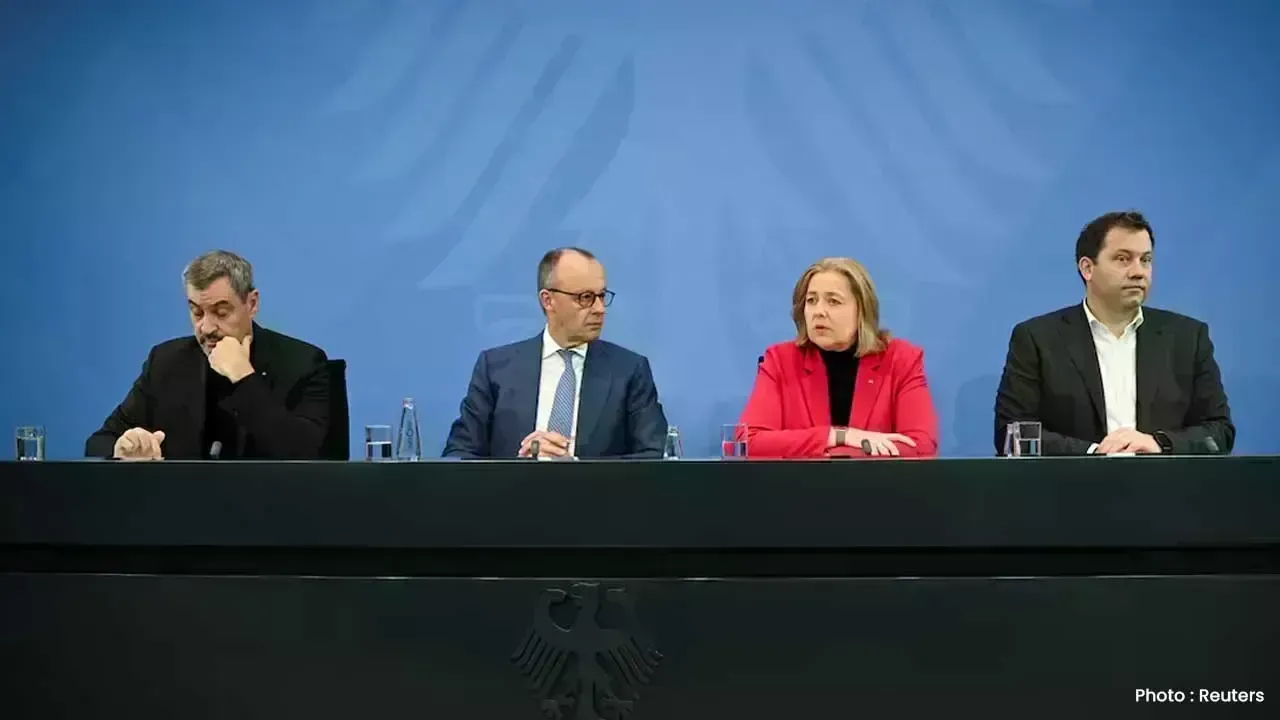
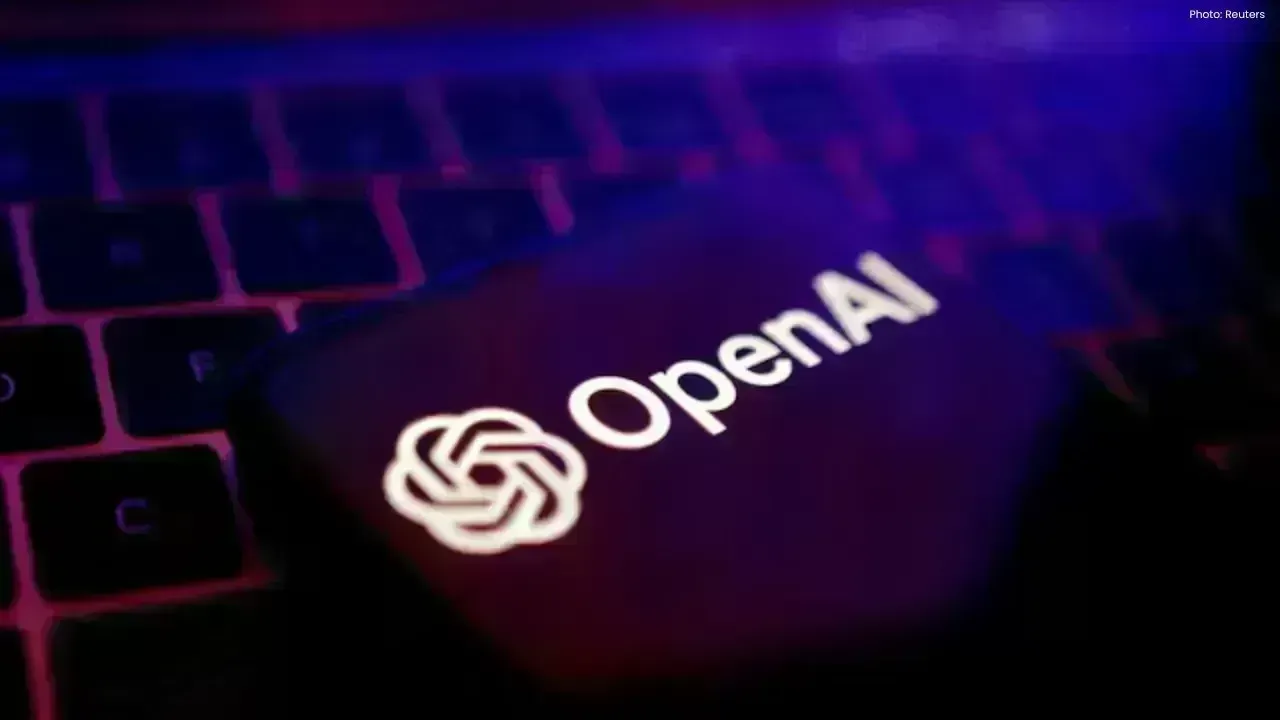
OpenAI Highlights Growing Cybersecurity Threats from Emerging AI Technologies
OpenAI has raised alarms about the increasing cyber risks from its upcoming AI models, emphasizing s

Manchester City Triumphs 2-1 Against Real Madrid, Alonso Faces Increased Scrutiny
Manchester City secured a 2-1 victory over Real Madrid, raising concerns for coach Xabi Alonso amid

Cristiano Ronaldo Leads Al Nassr to 4-2 Victory Over Al Wahda in Friendly Face-Off
Ronaldo's goal helped Al Nassr secure a 4-2 friendly win over Al Wahda, boosting anticipation for th

Landon Donovan Challenges Australia Coach on World Cup Prospects
Landon Donovan counters Australia coach Tony Popovic’s optimism for the World Cup, expecting an earl

Mercedes-Benz Forms Landmark Partnership with WTA
Mercedes-Benz and the WTA unveil a significant partnership effective January 2026, with major invest

Abhishek Addresses Divorce Rumours Concerning His Family
Abhishek Bachchan confirms that daughter Aaradhya remains oblivious to divorce speculations, focusin